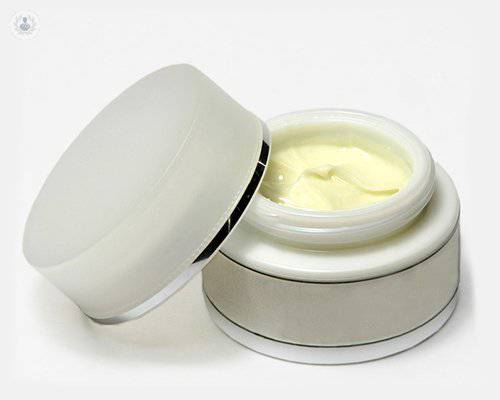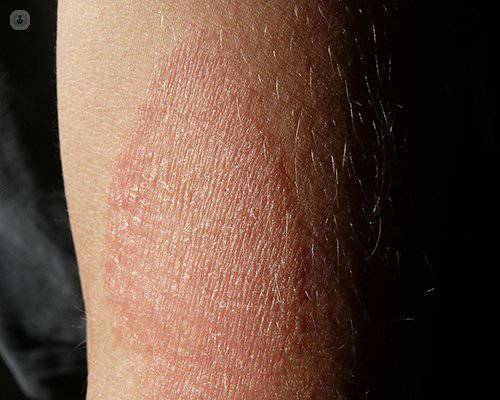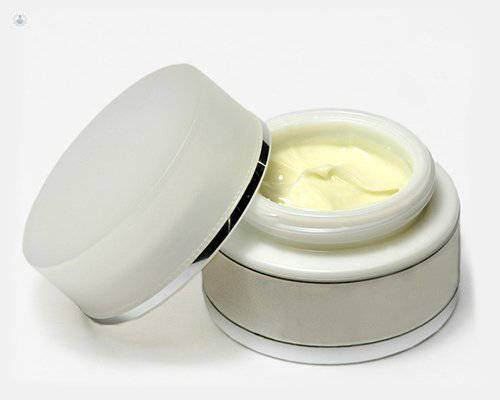
Emollients and eczema – which moisturisers can help?
Emollients and eczema – which moisturisers can help?
Eczema, otherwise known as dermatitis, is a condition affecting the skin. It can be dry, itchy, and feel scaly, and can range from mild cases to more serious, where there may be a crust on the skin, which can split and bleed, or weep.

One in five children in the UK have eczema. Many children grow out of the condition, but there are still adults who have it at varying degrees. Dermatitis is thought to be caused by both genetic and environmental factors.
But why does it happen?
First, it’s important to know what healthy skin can do. Skin acts as a barrier and protects our body from infection. There are three layers of skin – a thin outer layer (epidermis), a supple, elastic layer in the middle (dermis), and finally, a fatty layer (subcutaneous fat). The skin layers contain cells, water, and fats, which all work together to keep skin as it ideally should be.
Fats and oils help the skin to retain moisture, and prevent bacteria entering our bodies. Skin cells which are healthy become plump with water, which creates an effective moisture barrier in the skin, and protects against infection and damage (e.g sun damage).
How does this affect eczema?
This barrier is key when it comes to healthy skin. In those with eczema, the skin’s moisture barrier is not as effective, as the skin cannot retain moisture as well as it should. When this barrier is affected, the lower layers of skin also start to lose moisture, and as a consequence, skin can become irritated or bacteria can pass through.
Therefore, when treating eczema, keeping the skin elastic and soft is very important. One way to do this is by using emollients.
What are emollients?
Emollients are medical moisturisers. A medical moisturiser is specially formulated to be fragrance-free and unlike cosmetic moisturisers, it does not have properties such as anti-ageing or skin brightening. Its function is to moisturise and soothe the skin, as well as protect it, making it effective in the treatment of eczema.
Emollients create an oily layer over the skin which traps in the moisture, and can also help with the itchiness that eczema creates. As the moisture barrier improves, irritants and bacteria cannot get through so easily, calming the eczema and preventing further progression.

Common types of emollient:
- Creams – water and fat mix together to provide a cooling sensation on top of moisture repair, making creams a popular choice for daytime use. Creams, however, contain preservatives. It is rare for people to have reactions to them, but this can sometimes happen.
- Lotions – lotions are lighter than creams, as they have more water than fat compared to creams. Because of their higher water ratio, they are not as moisturising and are less effective when compared to creams. They feel cooling on the skin, though, and can be a good choice for areas of the body which are hairy. Creams and lotions are both options for weeping eczema.
- Ointments – these effectively hold water in the skin and very dry, thick skin can benefit from their use. They can feel quite greasy, but generally do not contain any preservatives.
- Oils – when washing, many soaps and gels can dry out the skin. There are emollient products which can be used such as shower gels or bath oils. Washing daily helps clean dirt and waste from the skin, but it is important to use products that are kind to skin and do not irritate.
Every skin is different, even with medical moisturisers – finding the right emollient for you is important, but it is not always simple and you may need to try a few out before being successful. Consult a professional, such as a dermatologist or, in mild cases, a pharmacist, to see what they can recommend for you and your skin.

